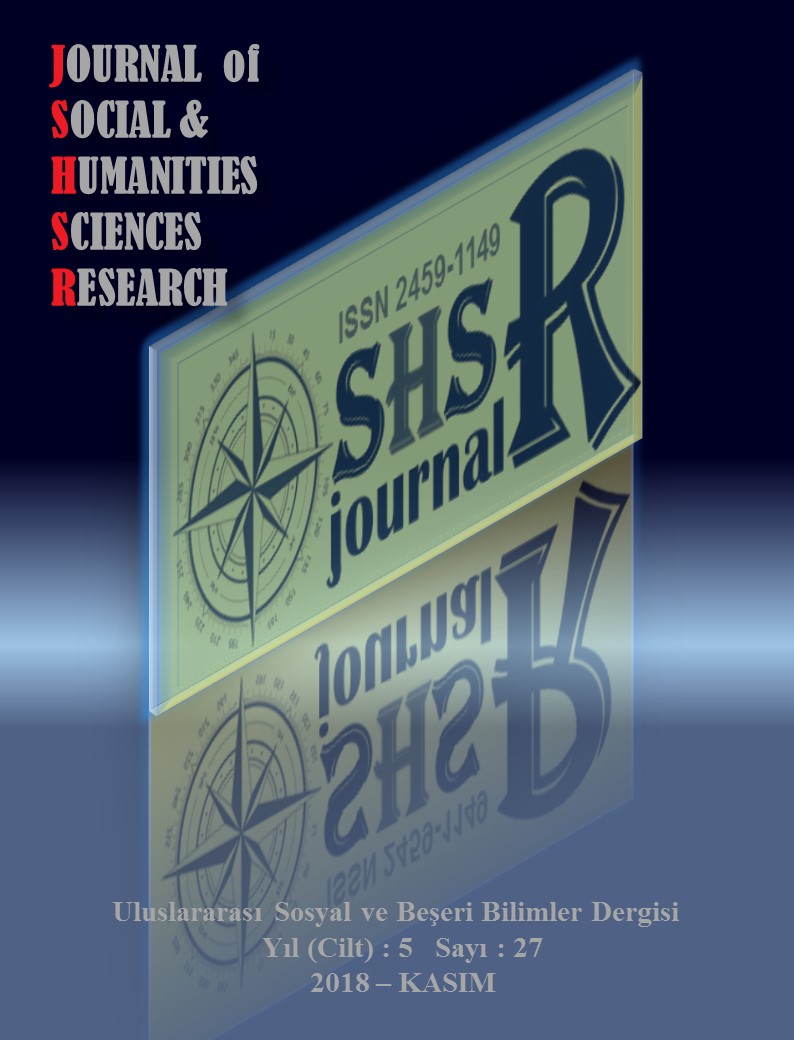THE RELATIONSHIP BETWEEN LEADERSHIP STYLES AND JOB SATISFACTION IN HIGHER EDUCATION
DOI:
https://doi.org/10.26450/jshsr.686Keywords:
Leadership style, job satisfaction, higher educationAbstract
Leadership styles and teachers’ job satisfactions are two subjects that are frequently studied on primary and secondary education level. In this study, the relationship between two variables is examined in the context of universities. The relationship between the leadership styles adopted in state and private higher education institutions and the job satisfaction of the academic staff is investigated. Whether there is a difference between the leadership styles that is adopted in two different university models is also determined. Data was collected from faculty members of two types of university, state and private, by using multi-factor leadership scale and Minnesota satisfaction scale. Among participants, there are 270 faculty members from state university and 380 from private university. Participants had different academic rankings and positions. As a result of analysis with independent t test and multiple regression test, it was determined that more transactional leadership style was adopted in state university and transformational leadership style was adopted in private university. While there is a difference between two types of university in terms of the transformational leadership style, there is no difference in terms of transactional leadership style. While, at the public university, interactional leadership found to be a significant predictor of job satisfaction; at private university transformational leadership was a significant predictor of job satisfaction. Although both leadership styles has a positive relationship with job satisfaction, the transformational leadership style has a higher explanatory power. In the context of public university, transformational leadership style was not significant predictor of job satisfaction, however the transactional leadership style was. On the contrary, in the context of private university transformational leadership style, but not transactional leadership, was significant predictor of job satisfaction of faculty members
Downloads
Published
How to Cite
Issue
Section
License
Copyright (c) 2018 INTERNATIONAL JOURNAL OF SOCIAL HUMANITIES SCIENCES RESEARCH

This work is licensed under a Creative Commons Attribution 4.0 International License.


